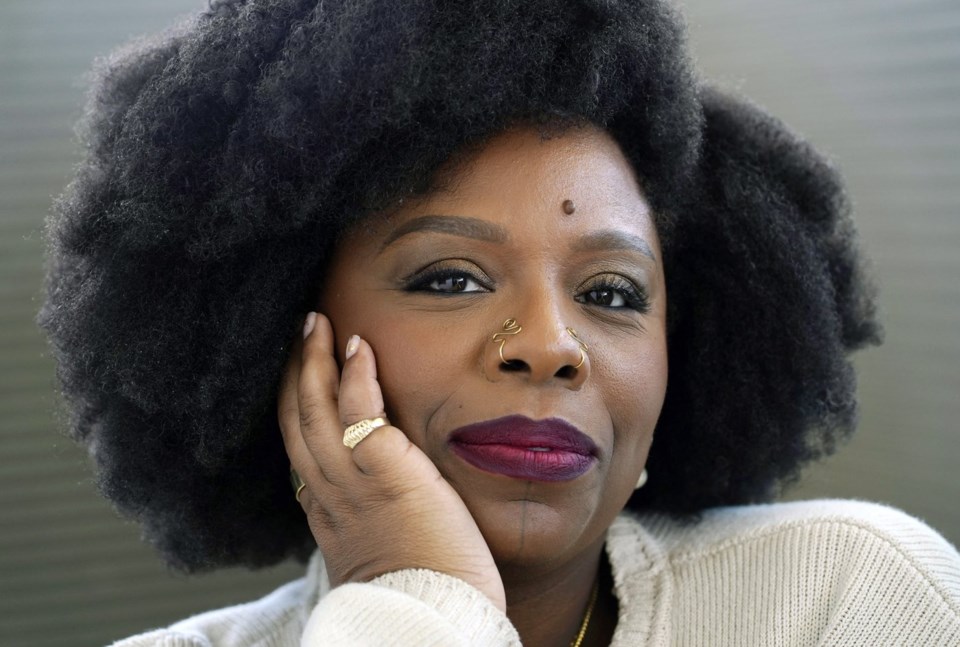Artist and author Patrisse Cullors, best known for her role in co-founding the Black Lives Matter movement more than a decade ago, says she has written a love letter to a younger version of herself who knew what it was like to be homeless and seeking care from inadequate systems.
With the documentary “Close to Home,” Cullors sought to give a platform to homeless Los Angeles youth who are advocating for a care-first, solutions-driven approach to housing at-risk teenagers and young adults. What she and the film's subjects didn't anticipate was the documentary's festival debut coming as President Donald Trump swept away homeless encampments in the nation's capital.
“The timing of our debut alongside the current federal response creates a profound contrast,” said Cullors, who executive-produced “Close to Home” through her company Abolitionist Entertainment LLC. “Our film reveals what those approaches miss entirely — that behind every tent, every doorway, every temporary shelter is a young person with a story, often one marked by system failures long before they ever reached the streets.”
Directed by Whitney Skauge, the 30-minute documentary tells the stories of four youth leaders at the LA Emissary, an organization founded in 2021 to influence funding, policy and changes to systems that directly impact the young, LGBTQ+ and homeless population. In order to meet LA Emissary's mission of preventing and eventually ending youth homelessness in Los Angeles County, the public has to first see the humanity of people who need the help, said Detrell Harrell, the organization's policy and advocacy coordinator.
“People seen on the street are seen as inconveniences. Rather than people, we are seen as like litter,” said Harrell, who is 21.
Harrell said he worries that, in a moment of heightened fears over National Guard deployments to American cities where homeless populations often feel the brunt of crackdowns, many young people like him are still seen as discardable.
“I just hope that this film shows people that there’s a way to survive,” he said. “It's not a very hopeful scene right now, but yet and still we’re here, we’re surviving, we’re working, we are like pushing forward.”
Official and nongovernmental counts of unhoused youth consistently show that the greater Los Angeles area has one of the nation's highest populations. That's in part because so many systems — from child welfare and public housing to health care and education — have historically failed them, Cullors said.
“This work feels like a continuation of demanding justice, but it’s also taught me about the particular responsibility that comes with documenting young people’s pain and resilience,” she said of the film.
“Close to Home” continues Cullors' work in the arts, after nearly a decade in the global spotlight as a co-founder of BLM and in controversy over a movement-affiliated foundation. Since stepping away from BLM in 2021, Cullors has authored “An Abolitionist’s Handbook,” as well as executive-produced “Eyes on the Prize: Hallowed Ground,” an HBO Max film inspired by the PBS documentary series on the Civil Rights Movement.
“Close to Home” is currently screening through the Seattle Film Festival and is available in 135 countries until Sept. 7 via the festival’s online platform, EOFlix.
Aaron Morrison, The Associated Press



